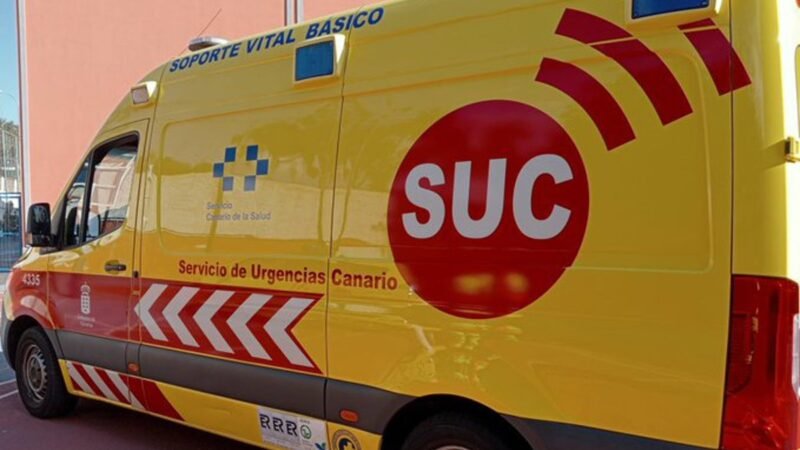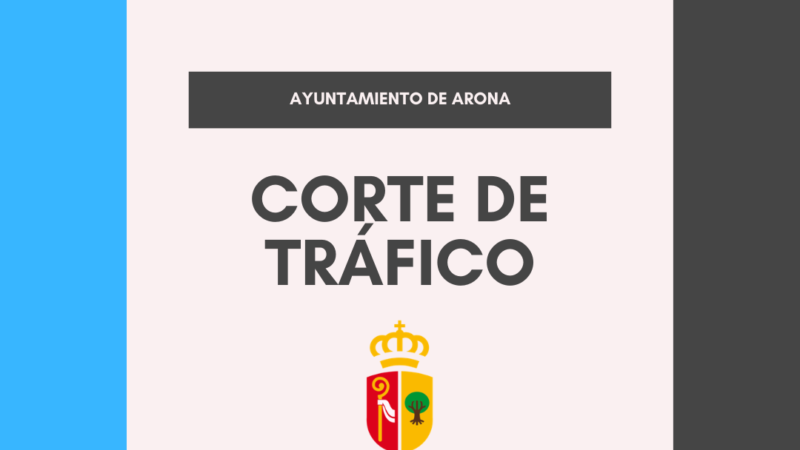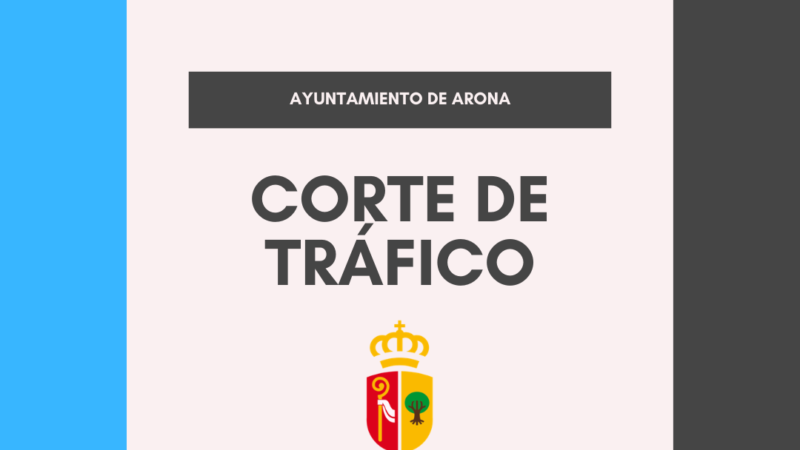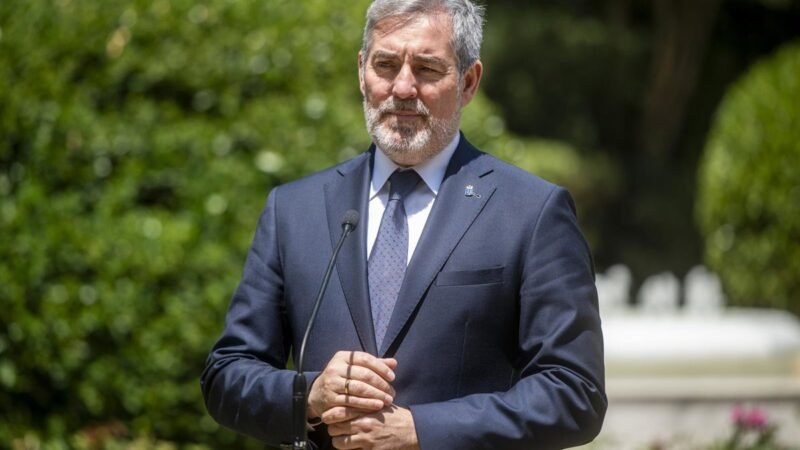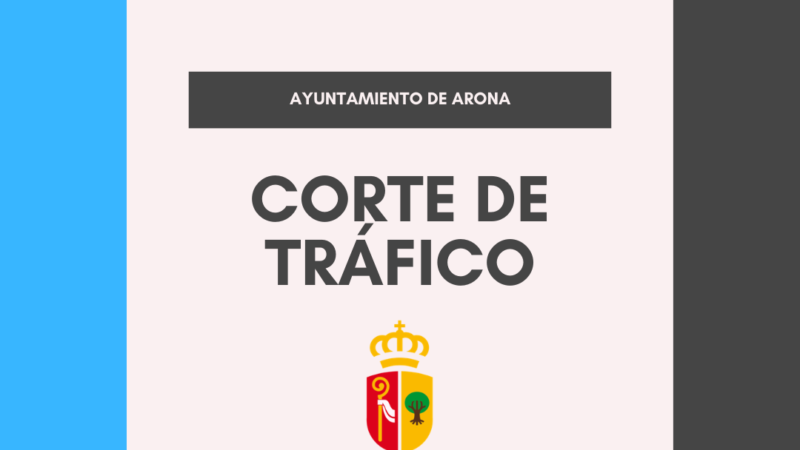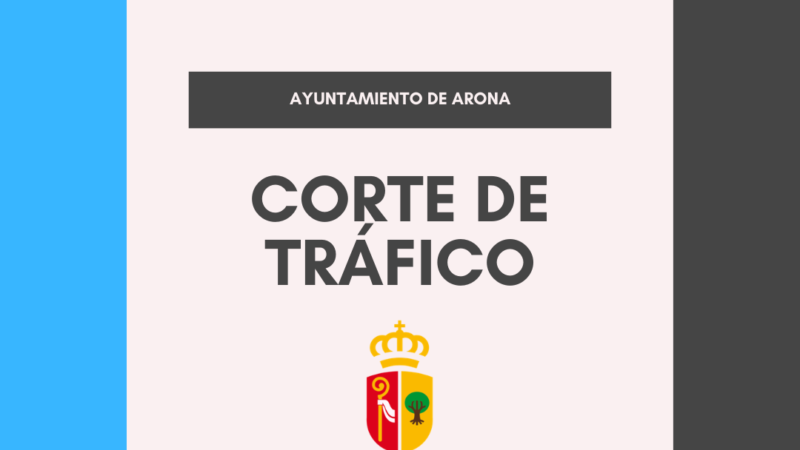The president of the Parliament of the Canary Islands, Astrid Pérez, encouraged on Wednesday to give «visibility» to the fight against cancer to increase «social sensitivity» and deemed it «essential» to increase the collaboration of public administrations with associations given that with the contributions of members «it is not enough».
In the opening of the parliamentary sessions against cancer, she showed the support of the regional Chamber to «make the quality of life of patients even greater and better» and to try to eradicate the disease through research or make it «less feared and more surmountable».
She also said that «no one is immune to cancer knocking on their door» as it can «affect anyone,» making it a «challenge» that the patient and their families must face with «courage, determination, and courage.»
Pérez reported that last year, more than 12,300 cases of cancer were diagnosed in the Canary Islands, with 4,700 people deceased, in a context where the incidence of oncological diseases has grown by over 25.5% in the last decade.
She emphasized that the most common cancer is colorectal, with 1,754 new cases diagnosed in the islands last year, followed by breast cancer with 1,638 diagnoses, prostate cancer with 1,553, and lung cancer, with 1,380 cases identified.
The president of the Parliament also gave «recognition» to all healthcare professionals and researchers who «dedicate their lives and souls» to fight and help patients battle the disease, as well as to associations that «relentlessly fight with few resources throughout the year to support these individuals and try to improve healthcare services.»
Dr. Claudio Fuentes Sánchez, head of Radiotherapy at the University Hospital of La Candelaria, led the first presentation detailing the current situation and advances in cancer.
He highlighted that there is currently a «revolution» in treatment and things are being seen that have never been seen before.
In his opinion, «we are on the path, for the first time in history, to curing metastatic patients.»
Yurena Macario, a psychologist from the Pequeño Valiente Association, explained in her intervention the importance of helping minors who, due to childhood cancer, have to spend long periods in hospitals.
CONTINUING WITH THE SCHOOL CURRICULUM
«Children stop attending their schools for a long time, stop interacting with their peers, but there are resources for minors to continue with the school curriculum,» she said.
Dr. Berta Pinto, an expert in oncology nutrition, stated in her presentation that many patients arrive without knowing what a healthy diet is.
«Patients lose a lot of muscle mass and it is necessary to insist on diets with high protein,» she pointed out, while ensuring that «there is no anticancer diet with magical properties.»
Brigitte Gypen, president and founder of the Race for Life Association, emphasized that early detection is crucial in facing the disease.
During her workshop, journalist Yaiza Díaz shared her testimony after being diagnosed with breast cancer.
Díaz mentioned that patients do not have enough information. «Many people do not know what chemotherapy consists of, people go in panic, not seeing it as something favorable,» she pointed out.
Dr. Delvys Rodriguez, president of the Canarian Cancer Foundation and Head of the Oncology Service at the Insular Maternal and Child Hospital of Gran Canaria, stated that «lung cancer patients feel ashamed of having this disease and feel guilty.»
Additionally, he highlighted the importance of immunotherapy as a new treatment to attack these tumors.
Francisco Javier Mora, a lung cancer patient, and his brother Santiago Mora, closed the event with their testimony in an interview where they shared how they faced the diagnosis and treatment, being from a non-capital island.
«You are so blocked that you do not assimilate the disease until some time has passed,» expressed Francisco.


